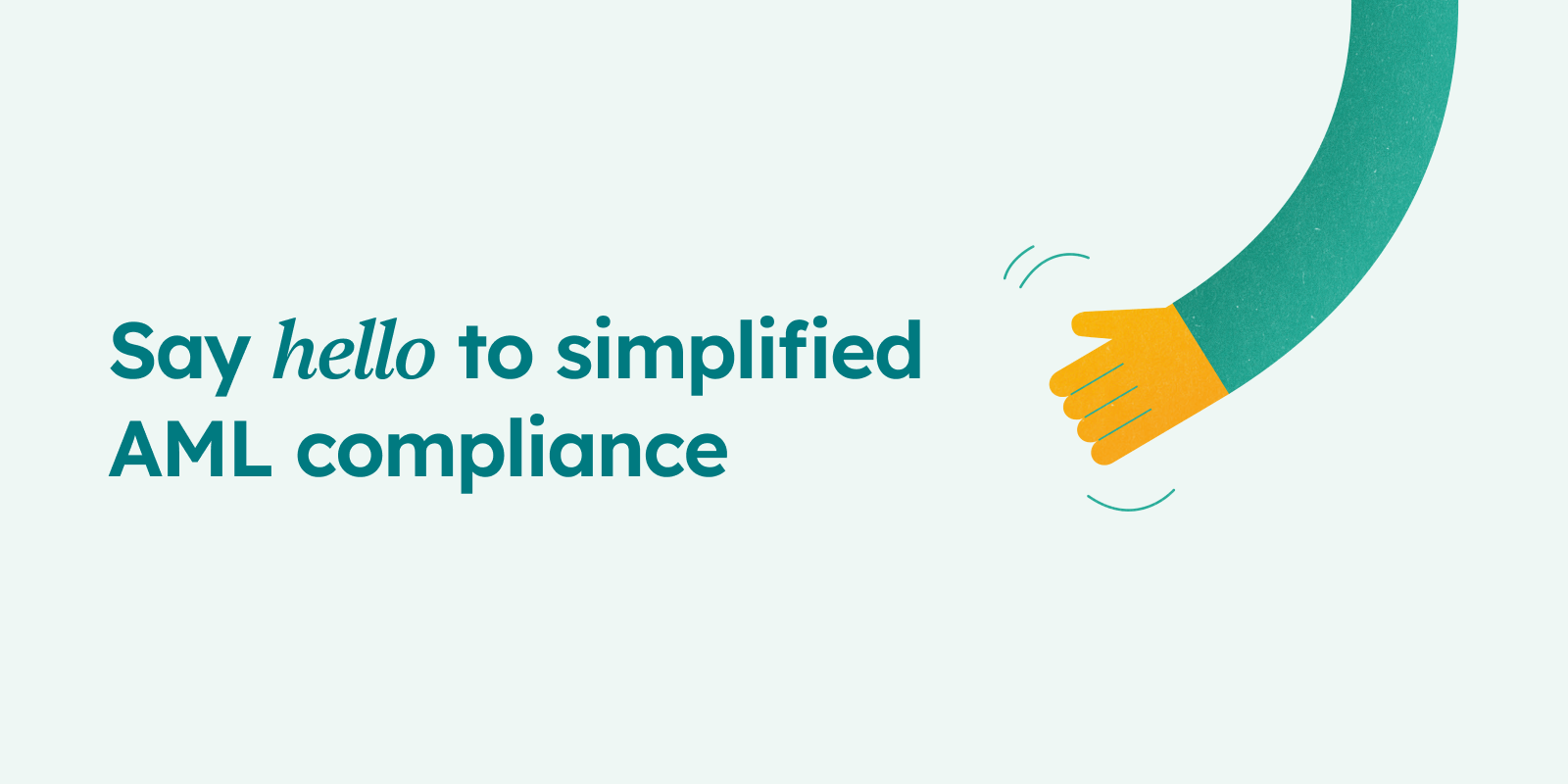1 min read
Creditro takes over KYC from Penneo
As part of Visma’s ambition to build world-class digital solutions, a strategic decision has been made to sharpen the focus of its portfolio...

Does your company experience that there are missing payments from your customers? Because more and more people are finding that the fees have not been paid on time. On average, the total sum of late payments increased by 62% in Western Europe in 2020 compared to 2019.
This increase is a reason to take a closer look at your company's tools to prevent bad payers and debt collection cases.
An essential part of a business is good payers, not giving your business debt. It is almost impossible not to experience bad payers, but this article aims to provide some tools to prevent this.
To become better at spotting these bad payers in the future, you must have some procedures ready before the collaboration takes effect. One may be that you need to know the potential payer, customer's history, and current financial situation. It is an integral part of credit policy that you make some considerations before collaborating.
In a credit policy, you look more closely at objectives and responsibilities regarding managing risk in connection with the issuance of credit.
When offering credit to new and existing customers, it is often a competitive parameter among companies. You, therefore, reduce your company's competitiveness if you opt out of this option. In the credit policy, you must maintain the lowest level of receivables while the sales objectives are satisfactory.
Especially in uncertain times, when there is greater volatility, or in the event of cyclical changes in the market, you can consider revisiting your credit policy because these conditions often significantly impact business customers' ability to pay bills. By having a dynamic approach, you can avoid bad payers to a greater extent, and you can thus also prevent outright debt collection cases.
Instead of manually performing background checks on the companies you want to start a collaboration with several automated solutions can save you time and resources. We can help you with that.
We have developed some controls to help you and your business save time and money. It may therefore be an opportunity for your company to investigate the possibility of automating parts of that process.
To prevent bad payers, here are some excellent tips that you can implement:
You will also often find this advice as a component of a credit policy, but it can be good to have a refresher.

1 min read
As part of Visma’s ambition to build world-class digital solutions, a strategic decision has been made to sharpen the focus of its portfolio...

3 min read
When you are subject to AML regulations, there are several tasks you need to complete annually. An annual compliance plan can help you stay on top of...

3 min read
AML compliance can be a hassle, but we don’t think it has to be that way. That’s why we’re proud to finally introduce our new brand, which reflects...